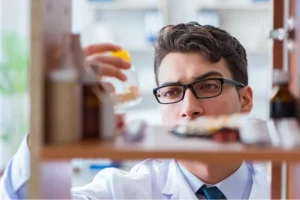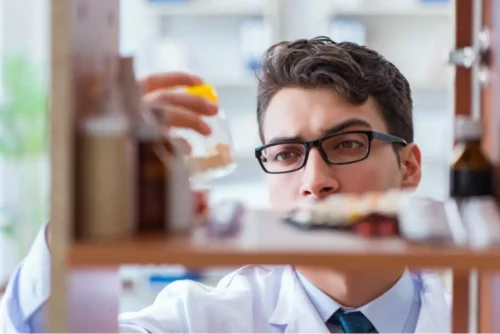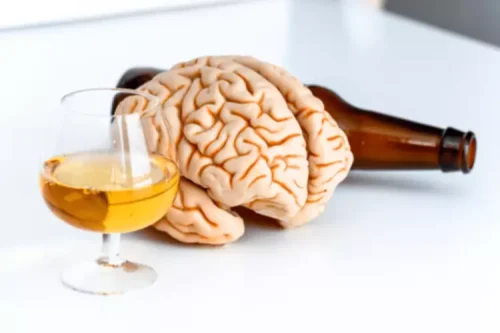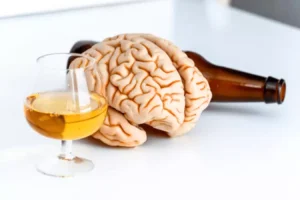We are in need of food, paper products, cleaning supplies, medicines, and gift cards. Loisann’s Strathmore House greatly appreciates the items you choose to donate from our wish list. After a stroke in June and a relapse in August of that year, he came back to Strathmore House. He has since maintained a place to live paired with a sober, healthier lifestyle.
Loisann Silver Chacon, 1950-2011
Strathmore House is dedicated to making sure every individual affected by domestic violence can find refuge and freedom.
This gift served her well throughout her too-brief life, not only in her relationships with family and friends, but also in her career as a social worker. Over the years , she worked with mentally ill patients, young people who were homeless, abused children, and people trying to find their way. Services are targeted to address the needs of individuals with co-occurring disorders such as post-traumatic stress disorder (PTSD), deaf or hard of hearing, HIV/AIDS, and mental illness.
For more than two decades, Loisann was employed by Upward Bound, a government program that helps poor and minority students pursue a college experience. She was a counselor to the teens who wanted to attend college, helping them identify loans, fill out applications, and proof their writing samples. Review Strathmore House Strathmore House is honored to bear the name of a compassionate, kind social worker who began her life in Fredericksburg. You can volunteer at Loisann’s Strathmore House in the office, daycare, maintenance, or help with childcare in the evenings while our mothers have classes. Executive Director Neil Campbell from the Georgia Council on Substance Abuse shares her perspective on CaringWorks programs.
The Strathmore House offers person centered, trauma informed evidenced based treatment for women with substance use and mental health disorders. During their stay at The Strathmore House, residents participate in individual and group counseling and 12 Step programs. We offer treatment that transitions from inpatient to intensive outpatient to aftercare over a nine to twelve month period. Treatment includes family education, medication management, peer support services, assistance with transitional housing, and recovery-oriented social and recreational activities. Acting as a true community center, Strathmore House offers numerous programs and activities to assist men, women and children struggling with homelessness.
News & Announcements from Strathmore House
With our intelligence help, the IDF relentlessly pursued Hamas’s leaders, flushing them out of their hiding places and forcing them onto the run. Today, however, proves once again that no terrorists anywhere in the world can escape justice, no matter how long it takes. Over 1,200 people were killed on that day, the deadliest day for Jews since the Holocaust, including 46 Americans.
One-of-a-kind Support
- • A grant from Ryan White, Part B allows Strathmore House to provide emergency housing support for individuals living with HIV in Memphis.
- Initially, many parents and family members of the over 120 people Strathmore House supports were, too.
- When asked about the future, Steven said, “I plan on going back to school.
- Over 1,200 people were killed on that day, the deadliest day for Jews since the Holocaust, including 46 Americans.
- Today, however, proves once again that no terrorists anywhere in the world can escape justice, no matter how long it takes.
There is now the opportunity for a “day after” in Gaza without Hamas in power, and for a political settlement that provides a better future for Israelis and Palestinians alike. Yahya Sinwar was an insurmountable obstacle to achieving all of those goals. • Two federally funded research studies, The Women’s Interagency HIV Study and HIV Epidemiology Study begin to study women and HIV/AIDS. Idlewild is purchased and renovated with the generous support of the Plough Foundation and the Assisi Foundation. • Collaborate with other community resources to ensure our children’s and adults’ needs are met.
Junior League President is Anne Curtis, who has served as a Strathmore House board member. • Strathmore House becomes a licensed mental health center through the Tennessee Department of Mental Health and Substance Abuse. • Funding through the Ending the HIV Epidemic initiative allows Strathmore House to expand outreach throughout the community, providing additional HIV testing and medical care linkage. • Assist individuals in obtaining education and employment in order to remove them from dependency and to offer them a vision of economic choices for a fulfilling life.
• Provide early childhood education in a safe, loving environment to children infected or affected by HIV/AIDS. We are grateful for the continued support of the community and for the ongoing contributions of our friends and supporters. Strathmore House Foundation, a 501(c)3 organization, provides services to adults with developmental disabilities exclusively in their own homes or apartments — regardless of how complex their disabilities may be.
Strathmore House advocates for survivors, no matter where they are in their journey. At Strathmore House, we are committed to fostering an environment where people from all lived experiences and backgrounds thrive. We are committed to creating a diverse, inclusive, and equitable environment by promoting a culture where people experience a sense of belonging and empowerment to help them achieve their full potential.











